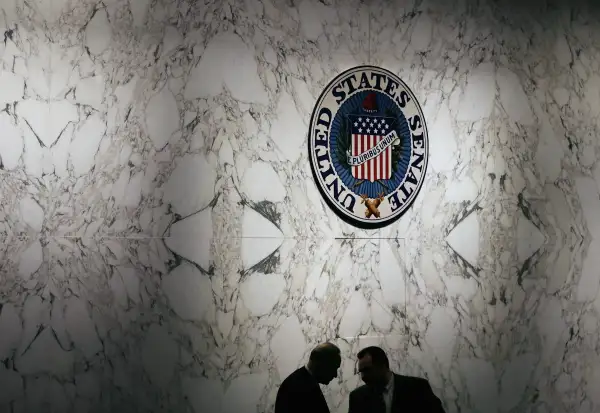The Senate Just Made It Harder for Workers to Save for Retirement

As if saving for retirement isn’t hard enough, a Senate vote on Wednesday evening would make it even harder for certain workers to set money aside.
The Senate voted 50 to 49 to roll back Obama-era encouragement for auto-IRA plans. These are state-level initiatives that would allow small business owners to automatically enroll employees in Individual Retirement Accounts (IRAs), with money regularly contributed from their paychecks.
The resolution, which passed the House in February, will now go to President Donald Trump for signing. The measure is one of many Obama-era regulations that the Trump administration has overturned through an expedited process under the Congressional Review Act.
Some 55 million Americans lack access to workplace retirement plans, and research shows that without them very few people save on their own. Only 14% of U.S. households contribute to IRAs, and of them, many use them primarily to hold assets rolled over from workplace 401(k)s, according to a recent study by the Center for Retirement Research at Boston College.
The Obama administration granted protection to employers who establish auto-IRA accounts for their workers, essentially saying that companies wouldn’t expose themselves to certain legal risks if they provide a conduit for regular paycheck deductions for a plan they're not sponsoring. A handful of states, including Illinois, California, Oregon and New Jersey, have already approved auto-IRA programs, while an additional 30 states are considering them, according to AARP, which has actively supported the plans.
While encouraging retirement savings might seem like a no-brainer, certain players in the financial industry oppose the programs on the grounds that they might siphon away business. Financial firms say they want to preserve choice and consumer protections.
Wednesday’s vote throws auto-IRA initiatives into legal limbo, experts say.
